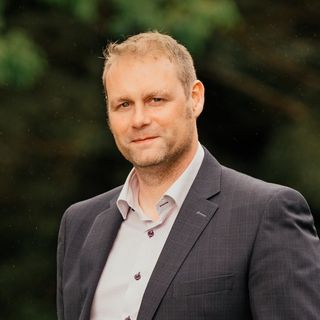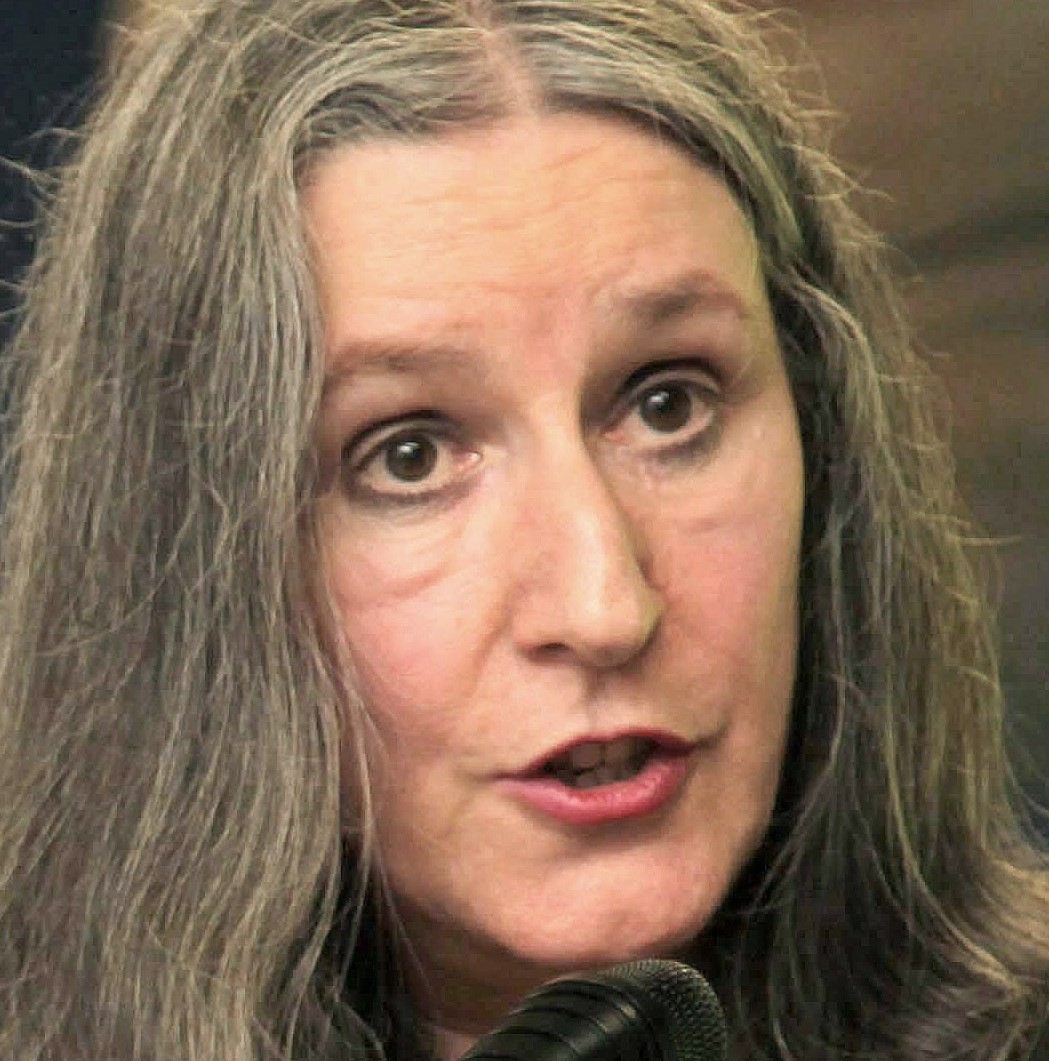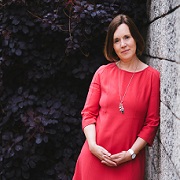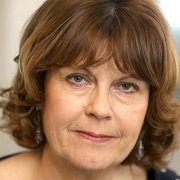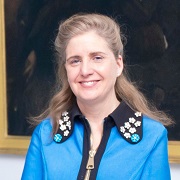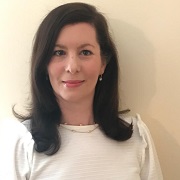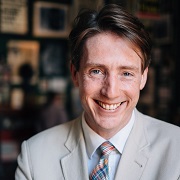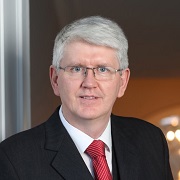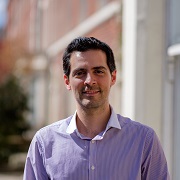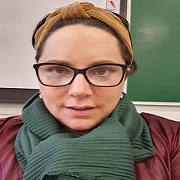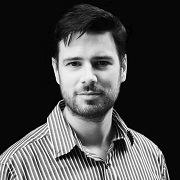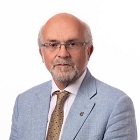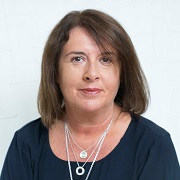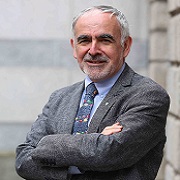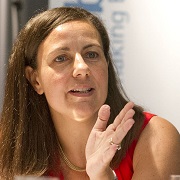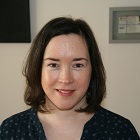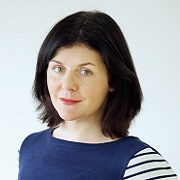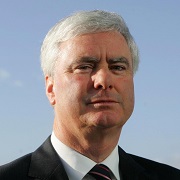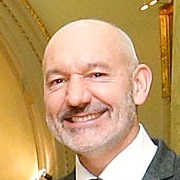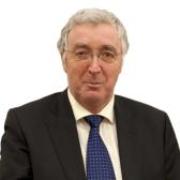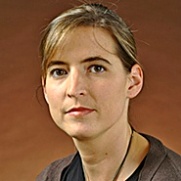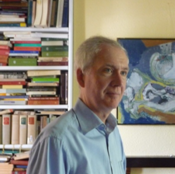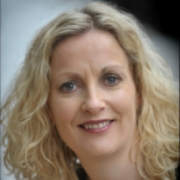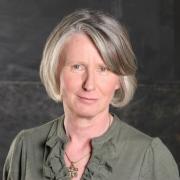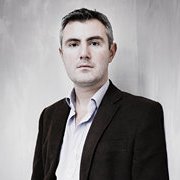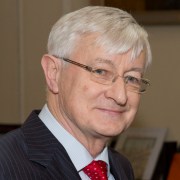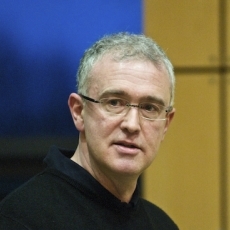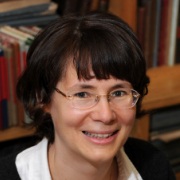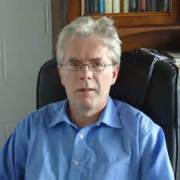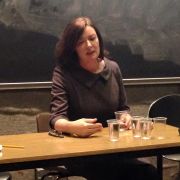The humanities, and literature, music, art and architecture, have been as central to my life as science. My teachers of English in secondary school, Robert Eagar in St Vincent’s CBS Glasnevin, and later Jim Byrne in Clonkeen College Blackrock, were a great inspiration. I was a lonely and somewhat isolated child, but with a rich inner life and imagination. These teachers showed me how to find joy in that inner world, and explore other minds, lives, worlds and possibilities through immersion in literature, a letting go of myself into the mind and imagination of the writer. They taught me literature, not to the curriculum or for examinations, they taught me literature for living, and for life. My introduction to music was at the hands of my father, a lover of classical music, especially Beethoven and Mozart; true to the spirit of the Romantic movement I rebelled against this later, deciding that punk and post-punk were the forms of musical expression that resonated with me and my life, leaving me now in the strange position that the art music of the twentieth century is where I am most likely to turn for solace or stimulus.
University College Dublin proved to be, for me as a student, and later a faculty member, a “place of universal learning” in the Newmanian ideal. While I chose to study medicine and science, the social life of the university led to books and recommendations being exchanged, in turn stimulating discussion and debate, so that it was possible to pick up some themes and threads of what others were learning through this social process. It is my firm conviction that universities must remain places of open and universal learning. This first requires that all academic disciplines are valued, and equally valued. I am a great advocate of building on this through formal and curricular mechanisms to support exposure of students in one discipline to the ways of thinking of others, and to promote an interdisciplinarity founded in disciplinary rigour. However, it is only by building strong connections and vivid social and intellectual engagement across the whole student community, where they teach and learn informally amongst themselves, that we will really succeed inspire a rich and broad intellectual life in our graduates.
This need for a sense of community across disciplines as the foundation for diverse and interdisciplinary thought is as essential to faculty as it is to students. This was the most rewarding aspect of my professional life as a staff member and leader in University College Dublin and later in Maynooth University. As my role in university life expanded, I came into contact with colleagues across all disciplines, and learned to enjoy and value their thought, perspectives and approaches. The kindest thing a colleague could do for me was to recommend a book, a piece of music, a film or play, or a museum; the greatest gift was to receive a copy of their own book or monograph. My working life became a form of liberal arts curriculum.
The arts and humanities thus became central to my life, a source of inspiration and consolation. They have also been central to my life in science. Science does not, should not, and cannot exist or be practiced in isolation from our society and humanity. The relationship between the sciences and our current crises and grand challenges is ambiguous and complicated. Technological progress has, for example, contributed to our vulnerability to pandemics, climate change and biodiversity loss, yet equally science and technology will be important contributors to resolving these challenges. However, the critical issue at this time is not the nature of the scientific and technological solutions. Having come to this juncture, this crisis, what is essential is to imagine what sorts of lives we want to lead and how can we live them well, what sorts of communities and society we want to live in, and how we can better care for each other, our environment and our planet. For me, the humanities are central to living well in the present, and critically imagining our future.



